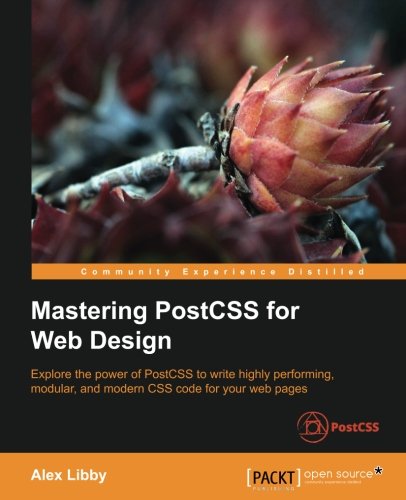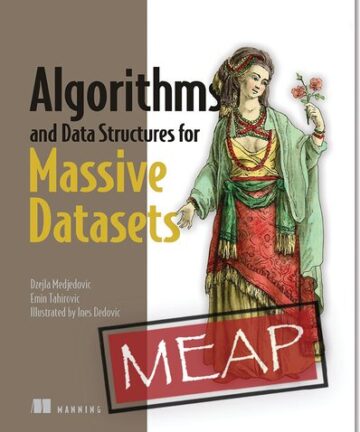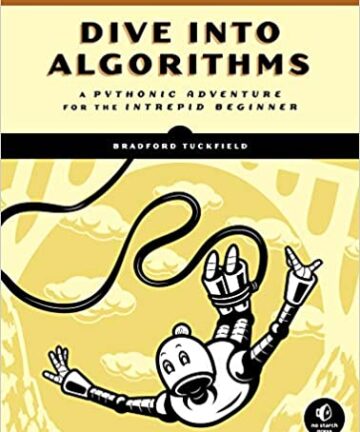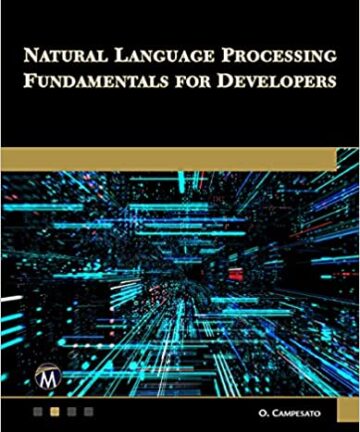Description
Key Features
- Incorporate cutting-edge styles in your web pages with PostCSS
- Simplify the process of writing CSS to a great extent using PostCSS shortcuts, fallbacks, and pack plugins
- This in-depth, step-by-step guide will help you master PostCSS, to create amazing and responsive web designs
Book Description
PostCSS is a tool that has quickly emerged as the future of existing preprocessors such as SASS and Less, mainly because of its power, speed, and ease of use. This comprehensive guide offers in-depth guidance on incorporating cutting-edge styles into your web page and at the same time maintaining the performance and maintainability of your code.
The book will show how you can take advantage of PostCSS to simplify the entire process of stylesheet authoring. It covers various techniques to add dynamic and modern styling features to your web pages. As the book progresses, you will learn how to make CSS code more maintainable by taking advantage of the modular architecture of PostCSS. By the end of this book, you would have mastered the art of adding modern CSS effects to web pages by authoring high performing, maintainable stylesheets.
What you will learn
- Add mixin and variable support to PostCSS along with conditional support
- Explore the different ways of nesting code such as BEM and standard nesting within PostCSS
- Optimize media queries built with PostCSS to get the best performance
- Add dynamic styling elements such as images, fonts, grids, and SVG and retina support using existing preprocessors as well as PostCSS
- Get familiar with using plugins, and extend PostCSS with the API
- Build a fully working custom preprocessor and test it on different sites such as WordPress
- Write a custom syntax in PostCSS while still using pre-built syntaxes such as Less, SASS, or Stylus
- Provide support for future CSS such as CSS4 using current CSS3 classes
About the Author
Alex Libby’s background is in IT support—he has been involved in supporting end users for almost 20 years in a variety of different environments; a recent change in role now sees Alex working as an MVT test developer for a global distributor based in the UK. Although Alex gets to play with different technologies in his day job, his first true love has always been the open source movement, and in particular, experimenting with CSS/CSS3, jQuery, and HTML5. To date, Alex has written 10 books on subjects such as jQuery, HTML5 video, SASS, and CSS for Packt and has reviewed several more—Mastering PostCSS Web Design is Alex’s eleventh book for Packt.






Reviews
There are no reviews yet.